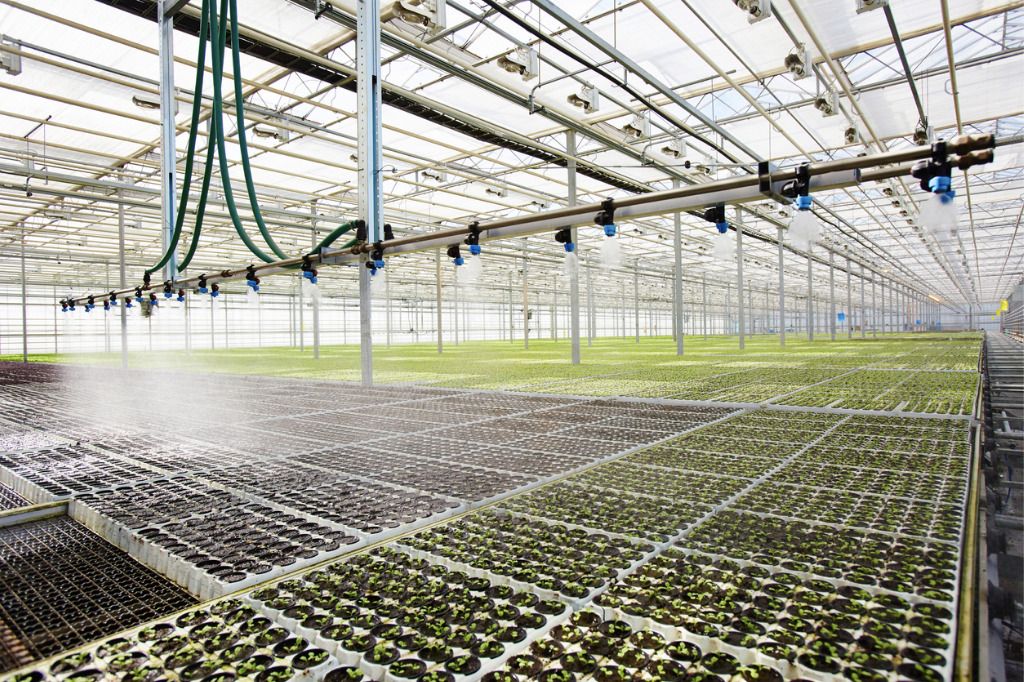In the realm of modern agriculture, sustainable farming practices are becoming increasingly important. One key aspect of sustainable farming is efficient water usage through reliable irrigation systems. Investing in the right irrigation system can not only improve crop yield but also conserve water and reduce overall environmental impact. In this article, we will discuss some of the top irrigation systems for sustainable farming.
Drip Irrigation Systems
Drip irrigation systems are one of the most efficient and sustainable ways to water crops. This system delivers water directly to the roots of plants through a network of pipes and tubing. By reducing water waste and evaporation, drip irrigation can significantly increase water efficiency and crop yield. Additionally, this system can be easily automated and controlled, allowing for precise and efficient water distribution.
Sprinkler Irrigation Systems
Sprinkler irrigation systems are another popular choice for sustainable farming. These systems distribute water through sprinkler heads that can be adjusted to cover specific areas of the field. By providing uniform water distribution, sprinkler irrigation systems can help prevent over-watering and reduce water waste. With advancements in technology, modern sprinkler systems can be programmed for optimal water use and efficiency.
Flood Irrigation Systems
Flood irrigation systems have been used for centuries and are still a common method of watering crops in many regions. While flood irrigation may not be as efficient as other systems, it can be sustainable when managed properly. By controlling water flow and timing, farmers can minimize water waste and ensure that crops receive the necessary moisture. In some cases, combining flood irrigation with other methods, such as drip irrigation, can enhance water efficiency.
Smart Irrigation Systems
Smart irrigation systems incorporate technology and data to optimize water usage and crop growth. These systems use sensors, weather forecasts, and soil moisture data to determine the precise watering needs of plants. By adjusting water supply in real-time, smart irrigation systems can reduce water waste and improve overall crop health. Some smart irrigation systems also offer remote monitoring and control, allowing farmers to manage water usage from anywhere.
Subsurface Irrigation Systems
Subsurface irrigation systems deliver water directly to the root zone of plants through buried pipes or tubes. By applying water at the root level, subsurface irrigation systems can minimize evaporation and reduce weed growth. This method can also help prevent soil erosion and nutrient leaching, promoting healthy crop growth. While subsurface irrigation may require more upfront investment, the long-term benefits in water savings and crop yield make it a sustainable choice for farmers.
Conclusion
In the quest for sustainable farming practices, choosing the right irrigation system is crucial. By selecting an efficient and reliable system, farmers can improve crop yield, conserve water, and minimize environmental impact. Whether opting for drip irrigation, sprinkler systems, flood irrigation, smart technology, or subsurface methods, each system has its own unique advantages for sustainable farming. By implementing the top irrigation systems mentioned in this article, farmers can take a step towards a more sustainable future in agriculture.
